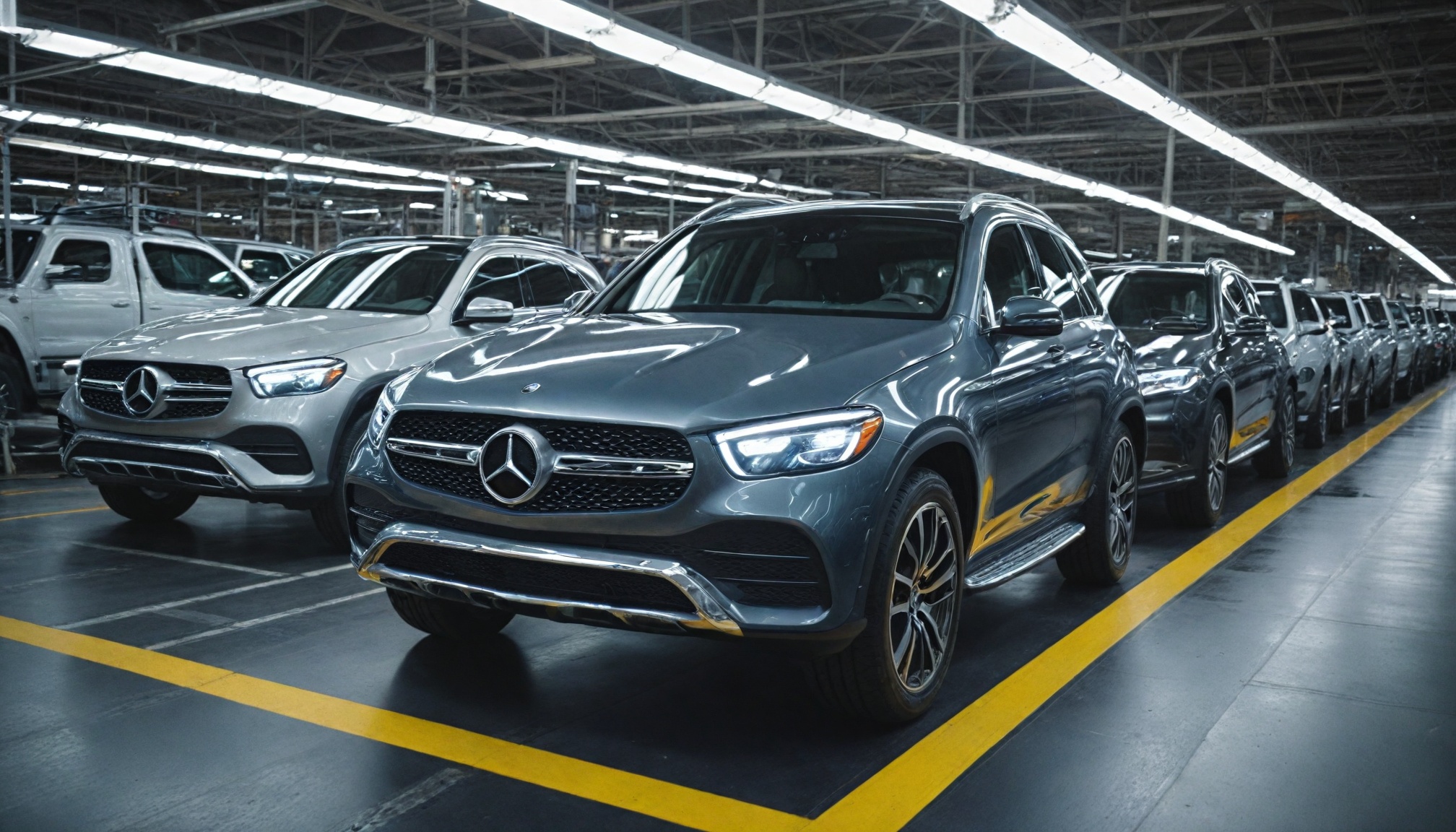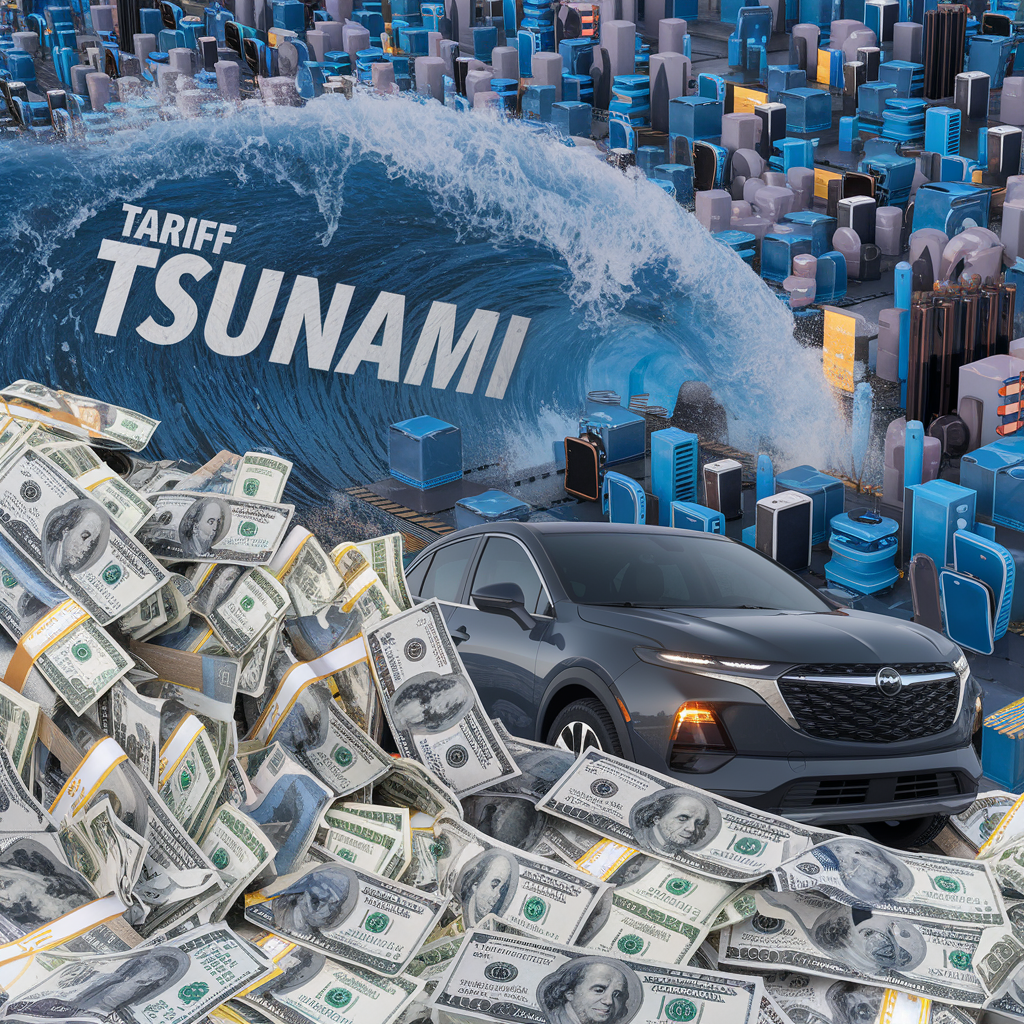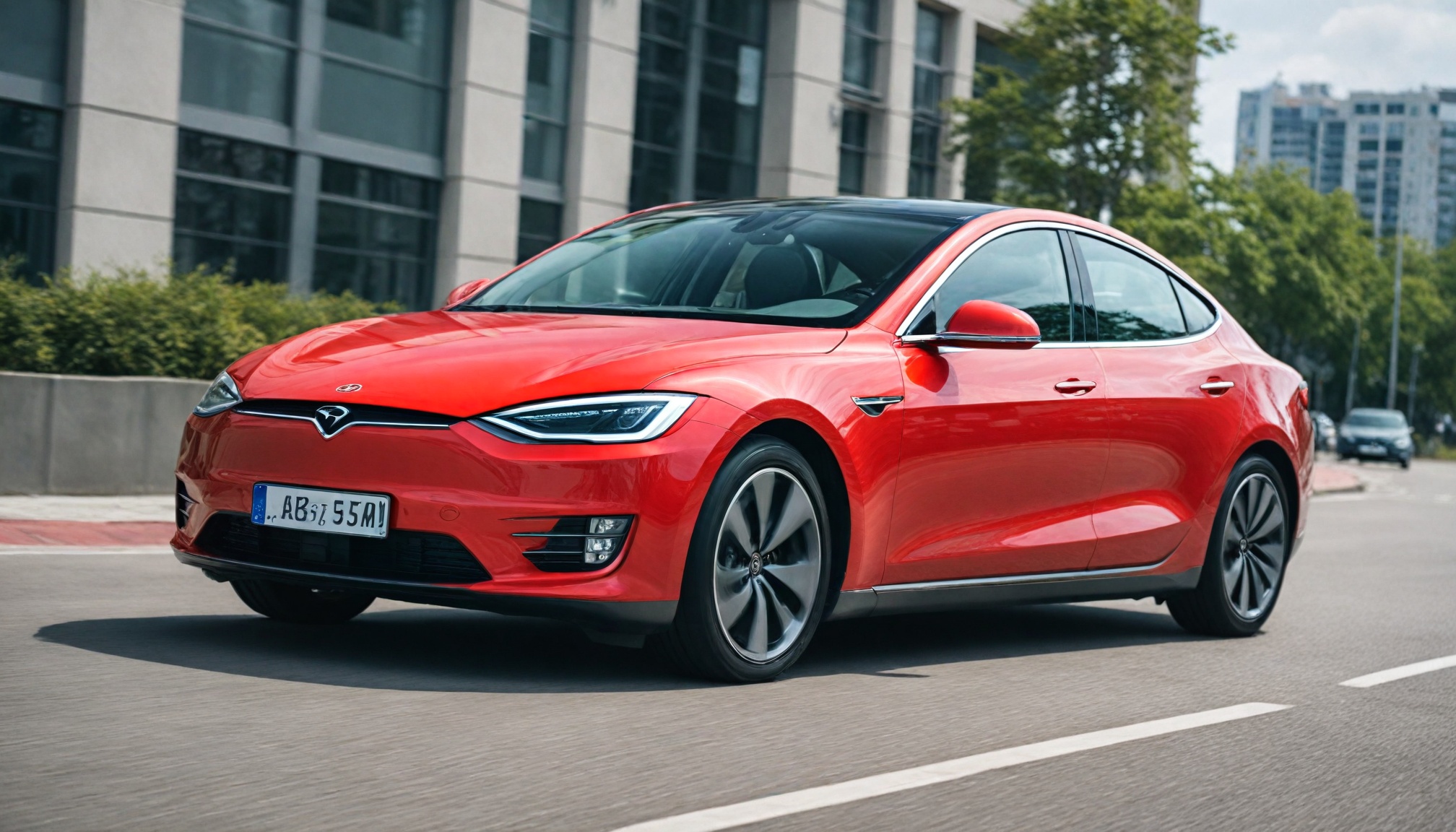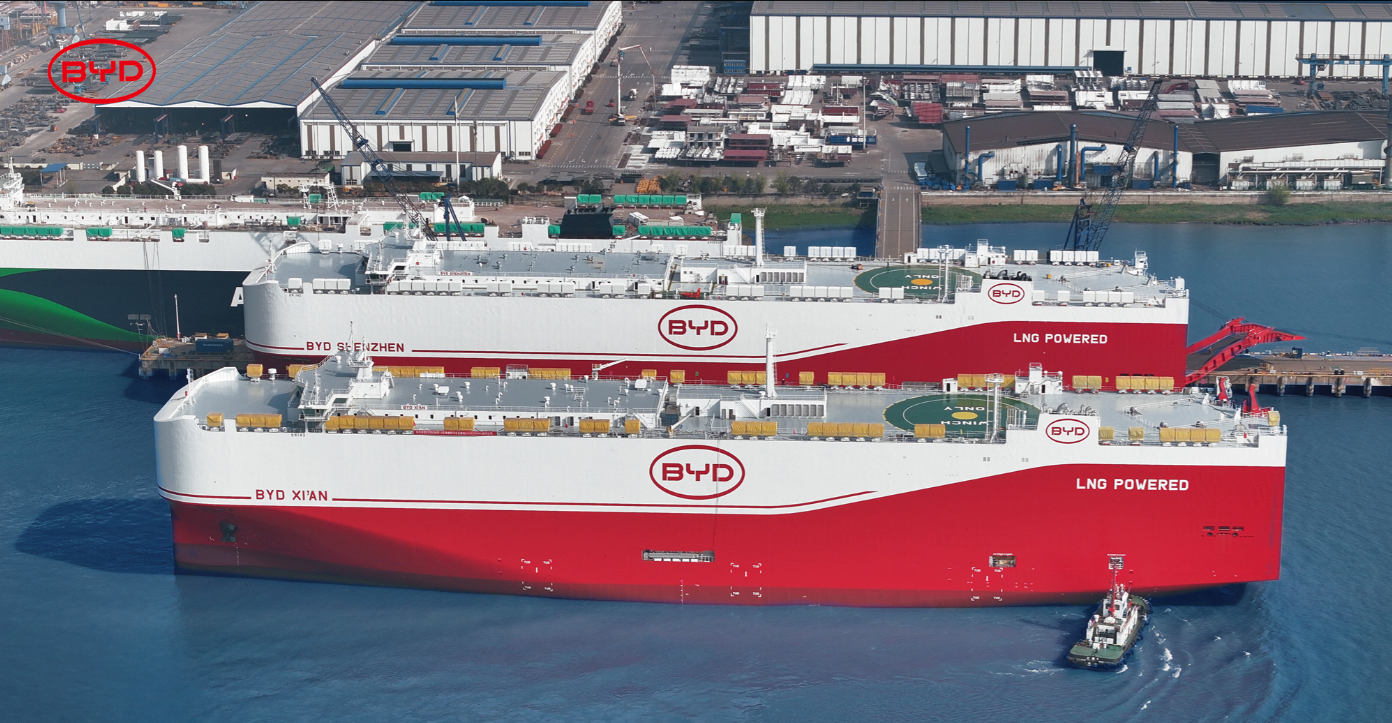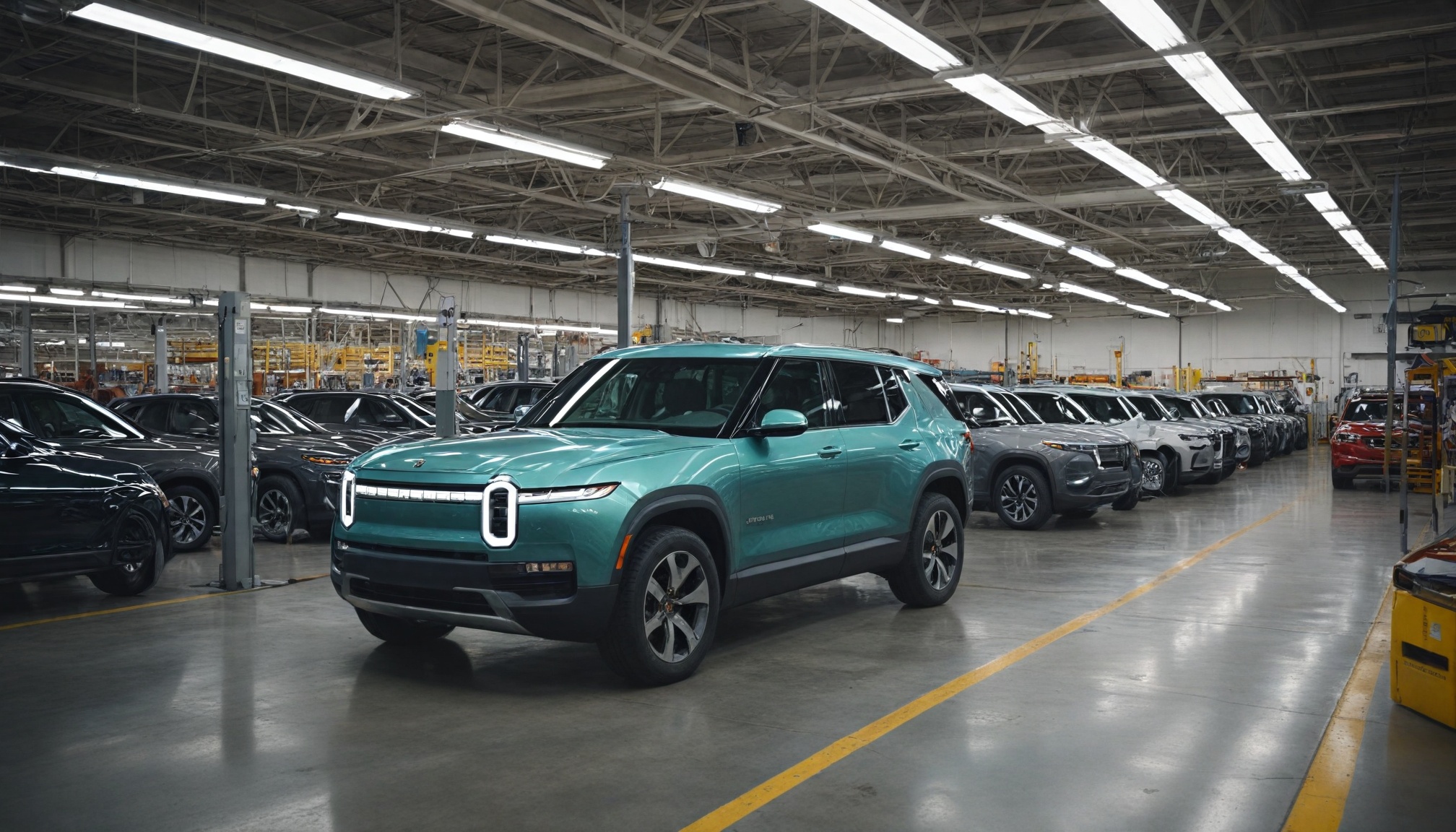
Rivian's strategic battery stockpiling provides a crucial buffer against Trump's EV tariffs, showcasing exceptional supply chain foresight in the rapidly changing automotive landscape.

Drivetech Partners
Rivian's strategic battery stockpiling before and after Trump's election demonstrates exceptional supply chain foresight in the electric vehicle industry. By securing significant battery inventories from Asian suppliers and accelerating domestic production plans, Rivian has created a protective buffer against the impact of new tariffs that are reshaping America's automotive landscape.
Key Takeaways
Rivian's proactive battery stockpiling before Trump's tariffs provides crucial protection against 25% import taxes
The company's multi-source strategy spans partnerships with Chinese, Korean, and domestic battery suppliers
China's dominance in battery materials creates critical vulnerabilities for U.S. automakers unprepared for tariff shifts
Major competitors have withdrawn financial guidance while Rivian maintains its strategic advantage
Developing domestic production capabilities will determine which EV makers maintain price competitiveness

Navigating the New Tariff Reality
The Trump administration recently modified its original tariff plan, offering some relief compared to the initial across-the-board 25% tax. Automakers still face a 25% tariff on imported vehicles and parts but avoid an additional 25% on imported steel and aluminum. This adjustment includes reimbursements for manufacturers who already paid double tariffs.
The financial impact remains substantial. Economist Arthur Laffer estimated a 25% tariff on auto parts could add an average $4,711 to vehicle costs. Some industry analysts project even steeper price increases of up to $10,000 per vehicle due to these tariffs, creating significant pricing challenges for manufacturers heavily dependent on imported components.
Creating Resilient Supply Chains: Rivian's Multi-Source Strategy
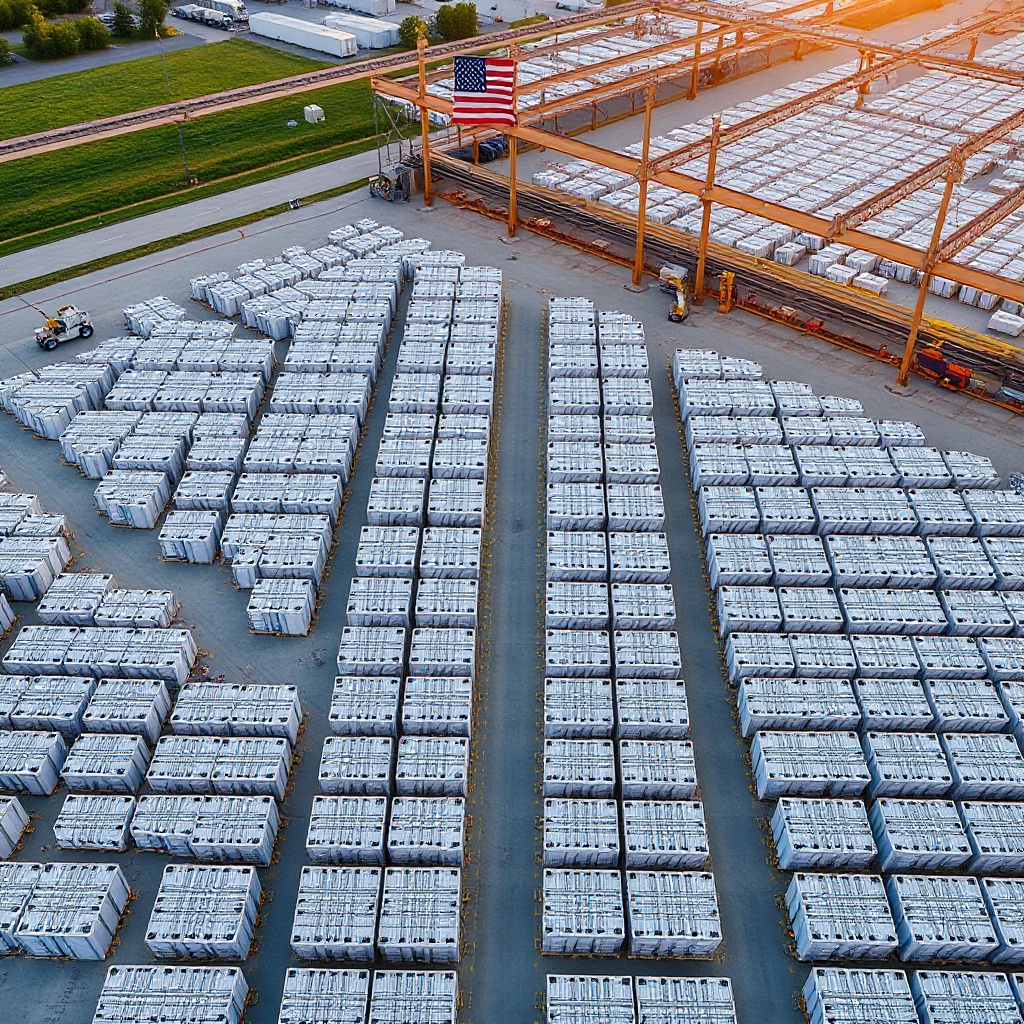
Rivian has implemented a sophisticated multi-source battery strategy that provides exceptional tariff insulation. The company purchased lithium iron phosphate (LFP) batteries from Chinese firm Gotion for their commercial delivery vans while using Samsung SDI batteries for their flagship vehicles. After Trump's election, Rivian worked with Samsung to relocate significant battery inventory from South Korea to the U.S.
Looking ahead, Rivian secured a deal with LG Energy Solution for batteries for the upcoming R2 model. These will initially come from Korea, with future production planned in Arizona. The company is reportedly signing additional agreements to secure batteries and raw materials, further diversifying its supply chain. Vehicles manufactured in Rivian's Normal, Illinois facility feature major components increasingly produced domestically.
China's Dominance in the Global Battery Supply Chain
The current global battery supply chain presents significant challenges for U.S. automakers. China refines 60% of the world's lithium and 80% of the world's cobalt, creating a critical vulnerability for U.S. domestic auto production. Global demand for EV batteries is projected to grow from 747 gigawatt hours (GWh) in 2020 to 2,492 GWh by 2025.
During this same period, U.S. production capacity is expected to increase to only 224 GWh, far below projected domestic demand. Additional challenges remain regarding rare earth metal processing, which happens "almost exclusively in China" according to Rivian CEO RJ Scaringe. While the U.S. faces these supply chain vulnerabilities, other nations like EU members, Taiwan, South Korea, and Singapore provide significant subsidies to their battery and semiconductor industries.
Industry-Wide Disruption: How U.S. Automakers Are Responding
The tariff situation has sparked widespread uncertainty across the automotive industry. Multiple automakers including GM, Volkswagen, Mercedes-Benz, Stellantis, and Volvo have withdrawn their financial guidance due to tariff uncertainty. An industry report estimates tariffs could cost Ford, GM, and Stellantis $42 billion collectively.
GM postponed its Q1 conference call to reassess 2025 guidance due to potential "significant" tariff impacts. Some executives have publicly supported the modified tariff approach, with Stellantis Chairman Elkann and Ford CEO Farley backing Trump's decision to ease some tariffs. General Motors CEO Mary Barra welcomed measures that help "level the playing field" for U.S. manufacturers.
Building Domestic Battery Production to Reduce Dependency
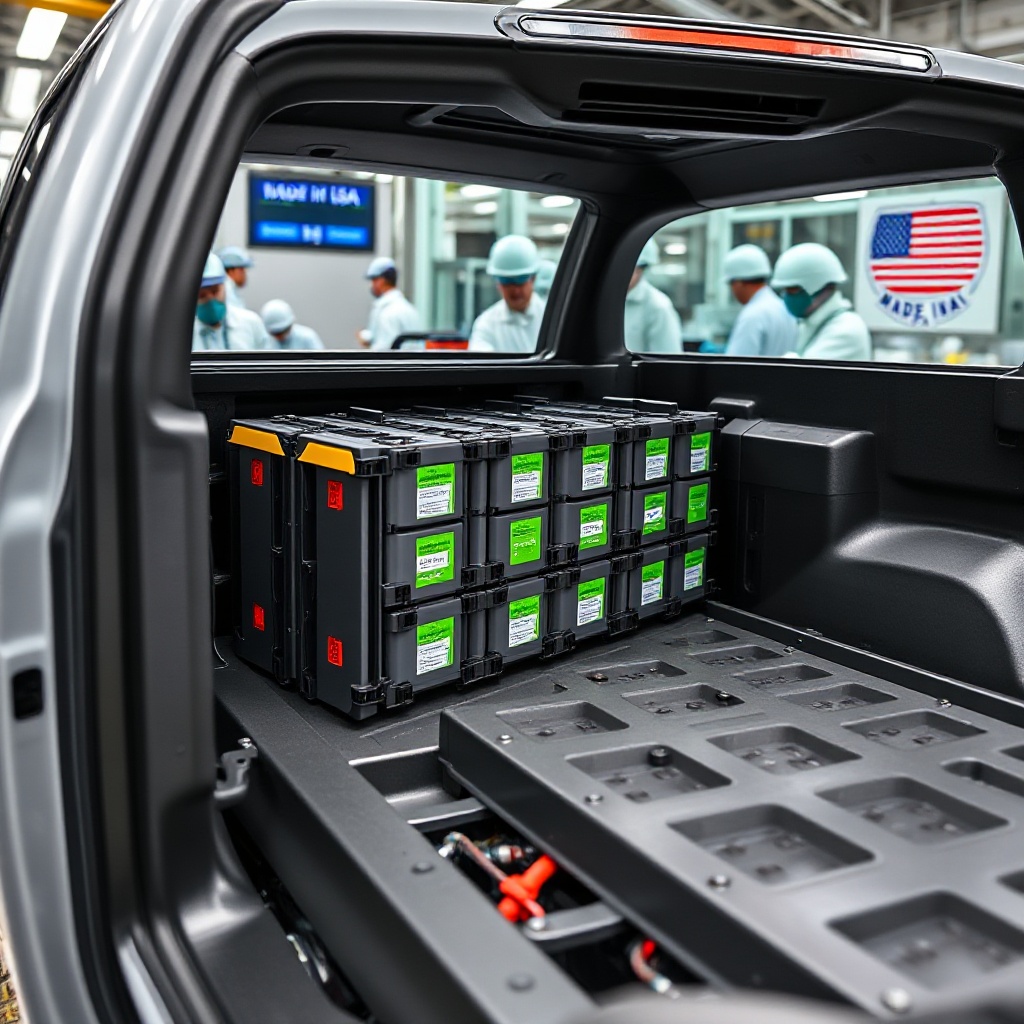
Rivian's battery sourcing strategy highlights the importance of supply chain diversification. The company uses lithium iron phosphate (LFP) batteries from Gotion for commercial vans and Samsung SDI batteries for the R1S SUV and R1T pickup. For the upcoming R2 model, LG Energy Solution will provide cells, with plans to shift production to Arizona.
The U.S. government has identified the need for a national battery recycling strategy to create material supply and support recycling profitability. Maintaining America's competitive edge requires concerted effort to build sustainable critical material supply chains. Domestic production capabilities are becoming essential for price competitiveness and uninterrupted EV manufacturing in the new tariff environment.
Financial Implications and Market Outlook for Rivian
Rivian's proactive supply chain strategy may provide financial stability compared to competitors struggling with tariff impacts. The current average target price for Rivian stock is $14.48, with a high estimate of $23.00 and low of $6.10. The average brokerage recommendation for Rivian is currently 2.7, indicating "Hold" status.
The estimated GF Value for Rivian in one year is $36.31, suggesting potential upside of 171.07% from the current price of $13.395. Investors are closely watching how Rivian's inventory management translates to profitability in the new tariff environment, with many seeing the company's supply chain strategy as a potential competitive advantage.
Lessons for the Industry: Creating a Tariff-Resilient EV Future
Rivian's approach offers valuable lessons for the broader automotive industry. Automakers must adopt diverse supplier strategies that span multiple countries to mitigate geopolitical risks. Forward-thinking inventory management becomes crucial during periods of policy uncertainty.
Companies with U.S.-based manufacturing and domestic component sourcing gain competitive pricing advantages. Strategic partnerships with battery manufacturers across multiple regions provide supply security. Industry-wide cooperation with government on critical minerals and battery recycling is necessary for long-term sustainability, potentially creating a model for supply chain resilience that will define winners and losers in America's automotive future.
Sources: TechCrunch - Rivian's reportedly sitting on a stockpile of tariff-free batteries, Electrek - Rivian built EV battery supply ahead of Trump's tariffs, TipRanks - Rivian built reserve of batteries ahead of tariffs
